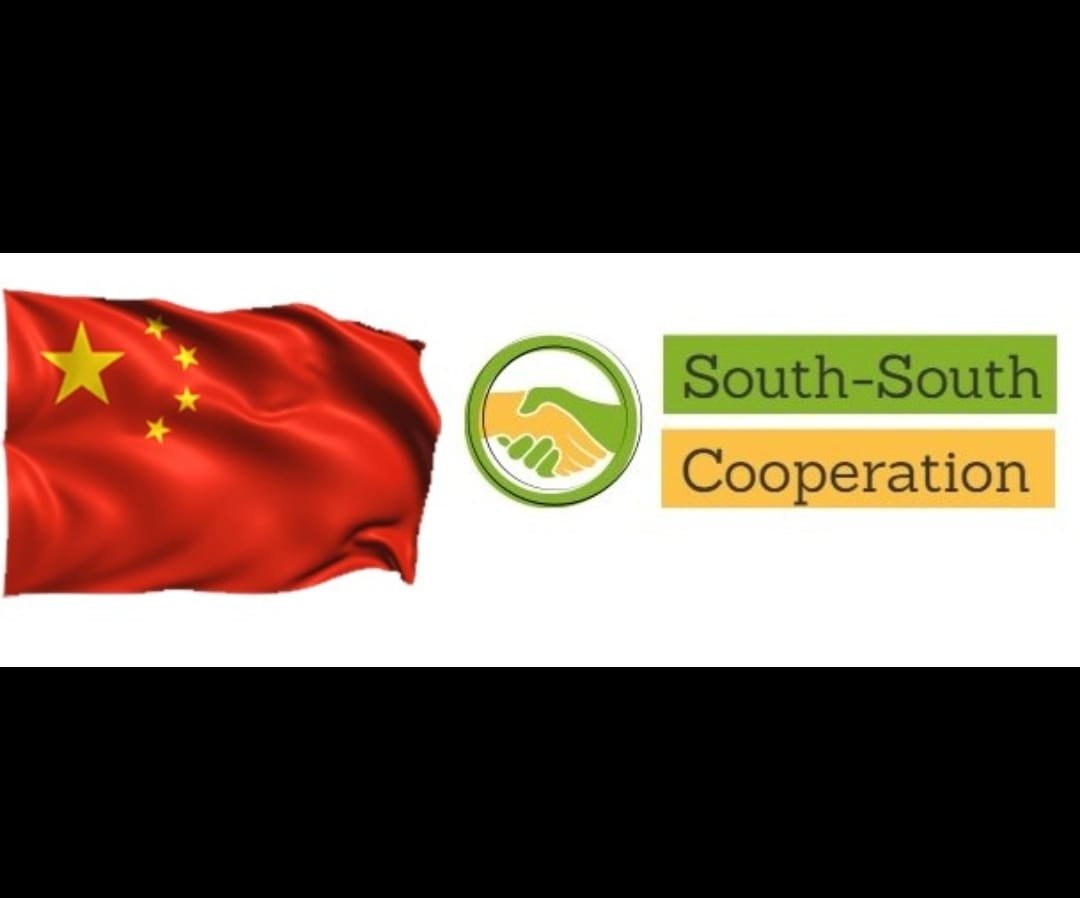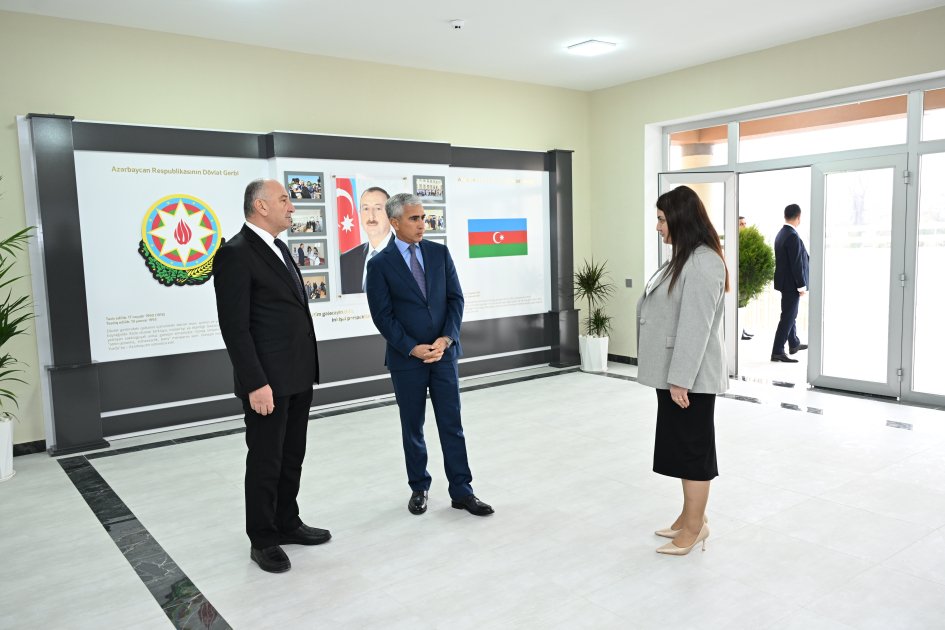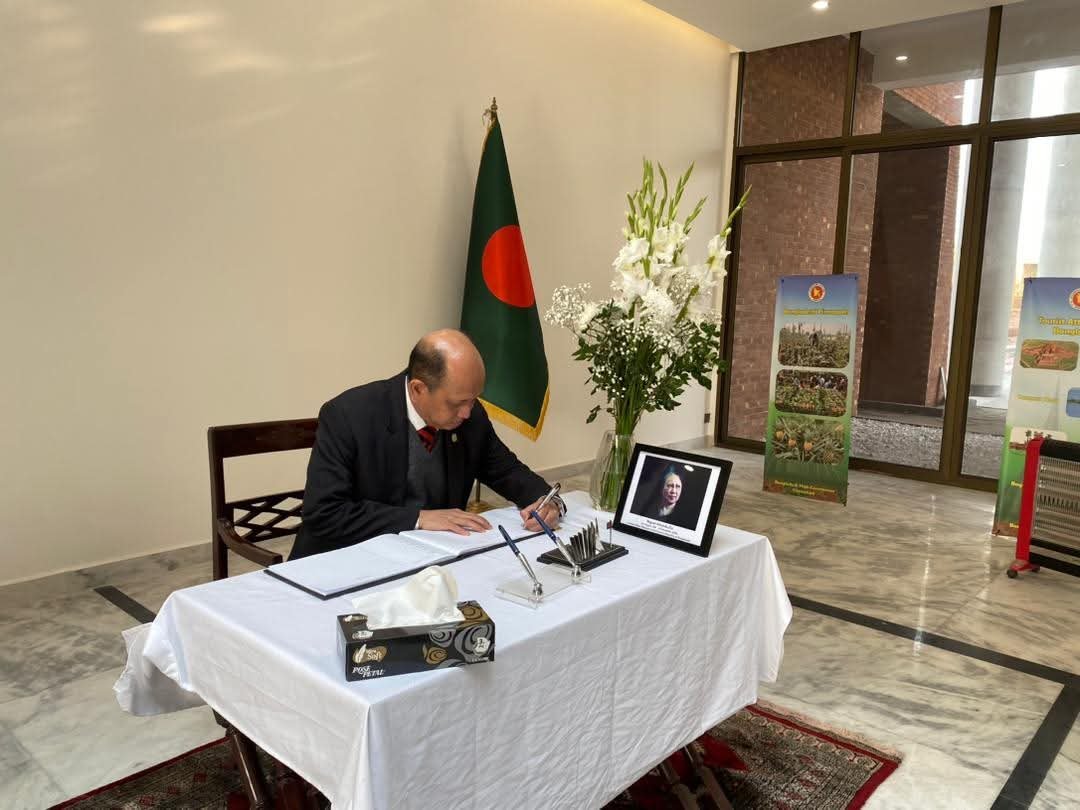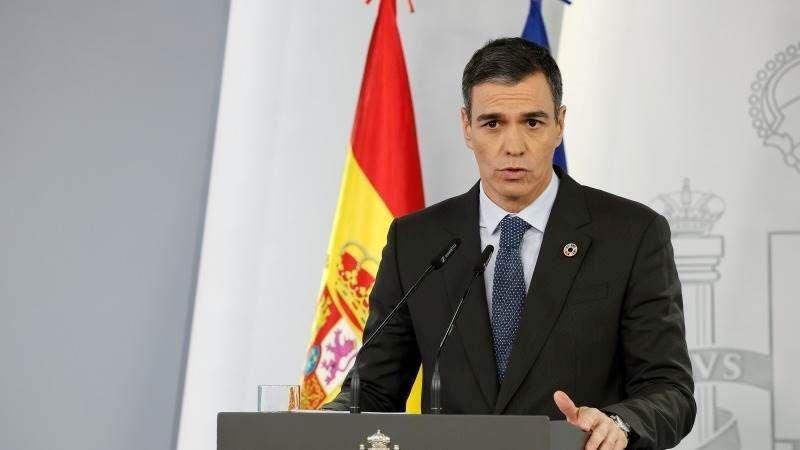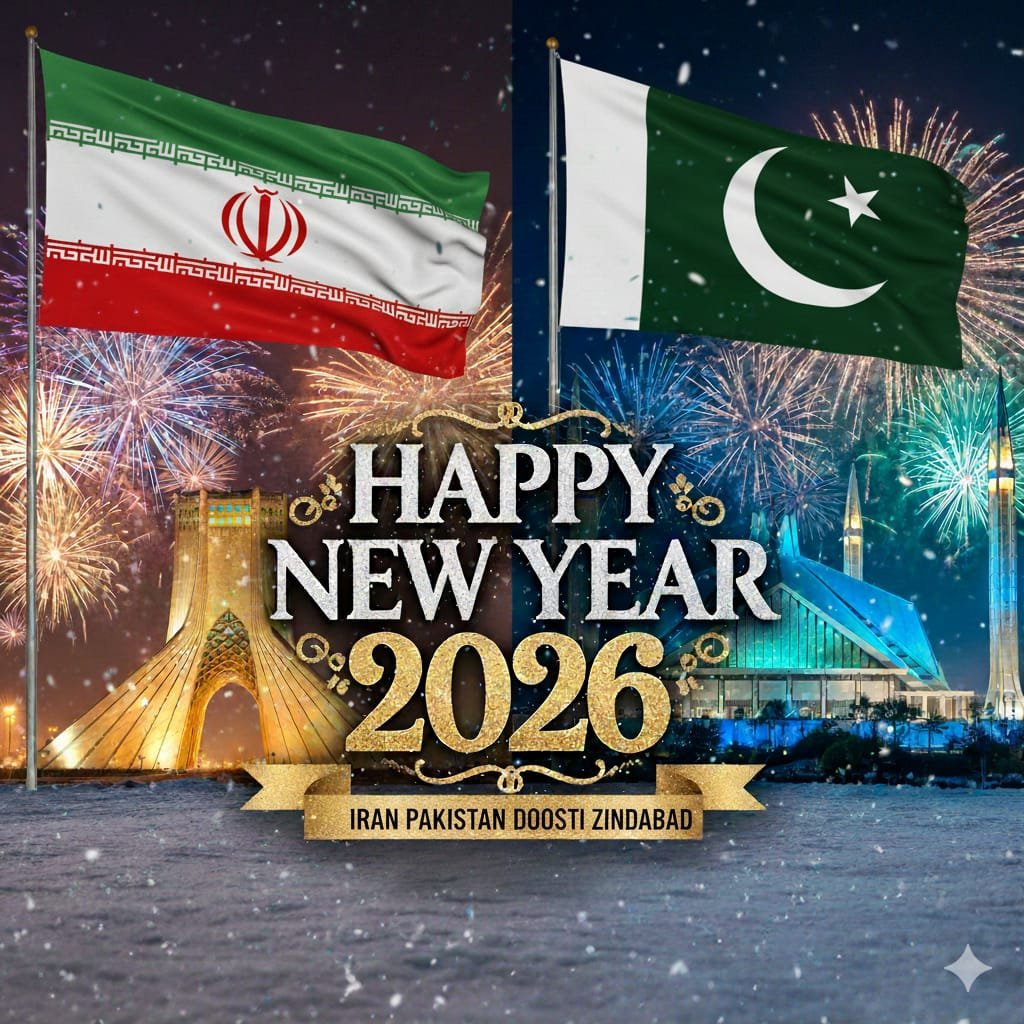The 17th Economic Cooperation Organization (ECO) Summit, held in Karabakh, Azerbaijan, marks not just a routine diplomatic engagement among member states—it is a deeply symbolic and transformative moment in the regional history of economic cooperation and peaceful resurgence. Bringing together leaders from across the region under the framework of the ECO, this summit reflects a renewed commitment to regional integration, sustainable development, and a shared future rooted in cooperation rather than confrontation.
For Pakistan and other member states, the Summit provides a timely platform to realign economic visions in the post-pandemic, post-conflict context, and reimagine South-South cooperation in an era of shifting geopolitical realities.
The ECO’s Evolving Role in a Multipolar World
Established in 1985, the Economic Cooperation Organization is a legacy of regionalism in West and Central Asia. Comprising ten member states—Afghanistan, Azerbaijan, Iran, Kazakhstan, Kyrgyzstan, Pakistan, Tajikistan, Turkey, Turkmenistan, and Uzbekistan—ECO was created to promote economic, technical, and cultural cooperation. Over the years, it has evolved into a key multilateral platform linking the heart of Eurasia to the Arabian Sea, and increasingly, to global economic corridors such as China’s Belt and Road Initiative (BRI).
In today’s multipolar world, where the Global South is asserting greater agency, ECO holds untapped potential to serve as a pivot of economic connectivity, energy cooperation, trade facilitation, and sustainable development. From transit agreements and customs harmonization to regional railways and clean energy investments, ECO’s success depends not only on collective will but also on the political symbolism of where it chooses to meet.
Why Karabakh Matters
The selection of Karabakh as the host for this year’s ECO Summit is deeply symbolic. Once a war-torn region, Karabakh is now undergoing rapid reconstruction and reintegration following Azerbaijan’s sovereignty over its territories. By choosing Karabakh as the venue, Azerbaijan sends a strong message of peace, resilience, and regional ownership of post-conflict recovery.
It also underlines the ECO’s intention to be a proactive stakeholder in peacebuilding, not merely a forum of economic cooperation. This is critical. Economic stability cannot be divorced from political stability. The reconstruction of Karabakh—bridges, roads, railways, green energy zones, and digital corridors—can serve as a model of how post-conflict zones in the broader ECO region can transition into engines of growth.
For countries like Pakistan, which face their own internal displacement and reconstruction challenges due to climate shocks and regional tensions, Karabakh offers lessons in leveraging multilateral support, diaspora investment, and South-South collaboration for rebuilding.
Pakistan-Azerbaijan Synergy: A Strategic Convergence
Pakistan’s Prime Minister’s participation in the Karabakh summit carries significant political and economic weight. Relations between Islamabad and Baku have deepened in recent years, rooted in mutual support on core issues such as Kashmir and Karabakh, and now expanding into trade, defence, and energy cooperation.
This Summit offers an opportunity to consolidate that bilateral goodwill into multilateral action. Pakistan can benefit from Azerbaijan’s vast experience in post-war reconstruction, green transition, and digital infrastructure. In return, Azerbaijan can explore opportunities in Pakistan’s growing IT, renewable energy, and agritech sectors.
Moreover, with Pakistan offering access to key seaports like Gwadar and Karachi, and Azerbaijan linking to the Caspian Sea and Europe, the two nations can serve as eastern and western gateways to a revived ECO Silk Road—one that connects Central Asia to global trade routes with far greater efficiency and autonomy.
South-South Cooperation and Youth Leadership
As someone who has worked extensively with youth in ECO countries and beyond, I believe the timing of the 1st ECO Youth Forum—also hosted by Azerbaijan just weeks prior to the summit—is equally significant. It signals that the future of the ECO is not in grand speeches alone but in engaging its youngest citizens as drivers of innovation, sustainability, and regional cooperation.
South-South cooperation has often been discussed in theoretical terms. But Karabakh shows how regional platforms can translate that vision into action—by creating inclusive spaces for youth, civil society, entrepreneurs, and think tanks to co-design the future. The region’s demographic dividend can only be harnessed through platforms that empower, not patronize, its youth.
ECO and the Global Sustainability Agenda
As the world edges closer to the 2030 Sustainable Development Goals (SDGs) deadline, regional organizations like ECO must play a more assertive role in driving progress. From climate adaptation and food security to digital equity and disaster resilience, the region faces common challenges that demand collective solutions.
Azerbaijan’s leadership at COP29 this year is a unique opportunity to integrate climate diplomacy into ECO’s agenda. Holding the Summit in Karabakh, a region now being rebuilt with green technologies, reinforces this alignment between regional cooperation and global climate goals.
It is essential that ECO countries move beyond declarations. Concrete deliverables—such as a regional climate adaptation fund, energy transition cooperation, women and youth entrepreneurship programmes, and a digital Silk Road—must be prioritized.
From Karabakh to a Common Future
The 17th ECO Summit in Karabakh is more than a diplomatic gathering—it is a milestone in the evolving narrative of regional resilience, sovereignty, and solidarity. It reminds us that peace and progress go hand in hand. From Islamabad to Baku, from Dushanbe to Tehran, from Bishkek to Ankara, the ECO region holds immense potential—if we are bold enough to act together.
As Chairman of the Belt and Road Initiative for Sustainable Development (BRISD), I call upon ECO leaders to seize this moment, to foster a spirit of pragmatic cooperation and inclusive prosperity, and to ensure that the legacy of Karabakh becomes a beacon of hope—not only for the region, but for the entire Global South.
The road from Karabakh must lead to a new era of regional confidence, where economics, ecology, and equity converge.
Mr. Qaiser Nawab, a global peace activist, is a distinguished international expert specializing in the Belt and Road Initiative (BRI), Afghanistan, Central Asia and founder of the Belt and Road Initiative for Sustainable Development (BRISD), a newly established global think-tank headquartered in Islamabad, in conjunction with the one-decade celebration of BRI.



